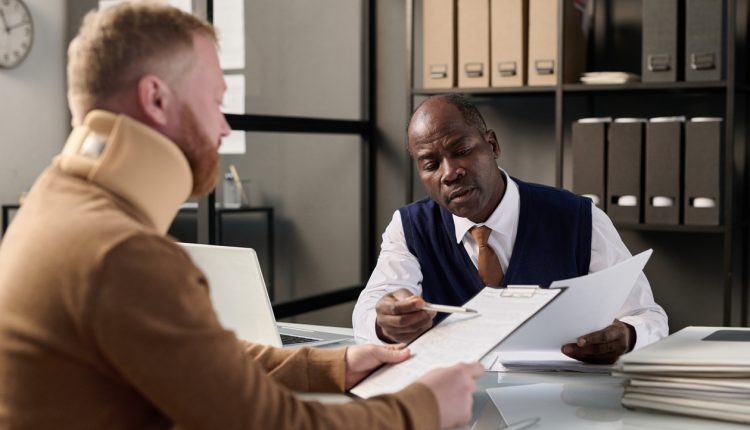6 Things You Should Expect From A Personal Injury Lawyer
South Carolina is known for its sandy beaches, historic parks and districts, and copious opportunities for outdoor sports.
However, residents know that they can easily be faced with life-threatening adversity. Mt. Pleasant has a history of strong litigation, like the class-action suit against the town’s Waterworks. So if you or a loved one happen to live in Mount Pleasant, and have been an accident victim, you may need to consult legal aid, such as Mt. Pleasant personal injury lawyers, to handle your case. But if you’ve never worked with an injury attorney, you may not know exactly what to expect from them. The following dives into some of the basics you need to know.
A personal injury lawyer focuses on protecting your rights as you focus on recovery. As your legal representative, they handle all aspects of your case, remaining vigilant from when you retain them until you settle. Here are six things you should expect from a competent legal team.
#1 – Discuss the Accident With You and Explain Your Legal Rights
When you consult with an injury attorney about your case, they discuss the case with you and listen to your side of the story. They should ask relevant questions about the circumstances surrounding the accident, injuries, medical treatment, pain, recovery, insurance, disabilities, and other key information. Your version of the incident becomes the attorney’s road map as they work to protect your interests.
An attorney should also explain your legal rights and laws and statutes that could impact the outcome of your case. These include insurance laws, comparative fault rules, and statutes of limitations.
#2 – Send Letters of Representation
To prevent other parties from contacting you, your personal injury lawyer notifies all the pertinent parties that they represent you. All future contact or inquiries must go through the law firm. They can send the notice via email or phone and then follow up with a letter of representation. These letters will be sent to any person or entity likely to contact you regarding the accident.
#3 – Investigate Your Case and Collect Evidence
Investigating the case is an important part of preparing for settlement and trial. Your personal injury lawyer must know all facts surrounding your case and collect evidence to support your claim. This may involve:
- Procuring any incident or police report
- Obtaining photos or videos of the accident or the scene
- Creating diagrams, if necessary
- Tracking down witnesses and getting witness statements
- Requesting copies of your medical records
- Working with expert witnesses to prove fault and liability
By assessing the circumstances around your accident and analyzing important evidence, your attorney can make more accurate judgments, establish liability, and put forward stronger arguments regarding settlement negotiations.
#4 – Assess Damages
As an accident victim, thinking only about the accident’s aftermath is natural. Your medical bills could be piling up, and you could be having a difficult time making up funds from being off work. When this happens, you’d be inclined to accept a settlement that pays off your debt.
When you work with a personal injury lawyer, however, you expect them to see into the future and see how the injury has changed your life on a larger scale. An attorney will document your damages, including medical expenses, loss of income, therapy costs, pain, suffering, and impairments and disabilities. They will identify a more accurate estimate for both past and future expenses.
#5 – Negotiate a Fair Settlement
Your personal injury lawyer should take over settlement negotiations with the insurance company. Your lawyer will review policy details and determine what constitutes a fair settlement based on the circumstances of your case.
Your personal injury attorney will refuse the insurance company’s request to communicate with you since this may jeopardize your claim. And as a skilled, experienced negotiator, the lawyer will negotiate a fair settlement and increase your chances of obtaining the best settlement possible for your claim. Insurance firms know they can’t pull their tricks or pressure an experienced lawyer into accepting a lowball settlement.
#6 – Represent You in Court
While most personal injury cases settle outside of the courtroom, it may be necessary to take yours to trial if a fair settlement cannot be reached through negotiation. When this happens, your attorney must prepare your case for trial and argue it before a judge or jury. Their goal is to obtain a fair resolution. Lawsuits are expensive and risky, so it’s best to avoid them when possible, but having an injury lawyer on your side is important when it becomes necessary.
Final Thoughts
A personal injury lawyer can help you navigate the unfamiliar legal terrain when you’ve been hurt due to someone’s negligence. They will level the playing field with the defendant’s insurance company and attorney and draw on their resources to prove liability. Your personal injury lawyer will act on your behalf to negotiate maximum compensation for your injuries and losses.




